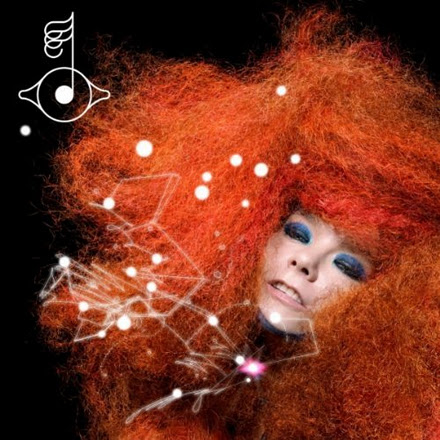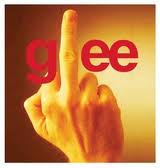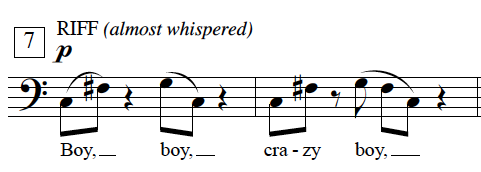This is the first installment in a co-blogging project with my friend and fellow blogger Eric Benson at Inverted Garden.

The first thing Eric and I have decided to do is a book clubish reaction to Carl Wilson’s Let’s Talk About Love: A Journey to the End of Taste, which you won’t have to have read to follow along, but which would be well worth reading for your own enjoyment.
The premise of the book is this: Carl Wilson is a rock critic who sets out to examine the elusive concept of Taste – what it is, how we form it, and how it has been analyzed by various philosophers and sociologists over time. Mr. Wilson uses his personal aversion to the music of Céline Dion as a case study, examining just what it is that’s so inherently distasteful to him (and many others) about her music while her many millions of fans live and die by it.


Now, Eric’s sphere is mainly Jazz, and mine is mainly Classical, and we’re trying to look at what might link the two and where they diverge. I’ll start off with a commonality: both genres share a general lack of public interest. [If you need proof of this, note that the same lame public radio stations tend to play both. And folk. But that’s another story.] As such, people involved in both genres tend to think/worry/bother a lot about the public’s taste, since we’re always looking to convert new followers (with missionary zeal, in the case of the classical establishment).
Here’s a quote from the book, in which Carl Wilson discusses some ideas of the French philosopher Pierre Bourdieu:
One of Bourdieu’s most striking notions is that there’s also an inherent antagonism between people in fields structured mainly by cultural capital and those in fields where there is primarily economic capital: while high-ranking artists and intellectuals are part of the dominant class in society thanks to their education and influence, they are a dominated segment of that class compared to actual rich people. This helps explain why so many artists, journalists and academics can see themselves as anti-establishment subversives while most of the public sees them as smug elitists.
People go to hear live classical music for a lot of reasons: because they love it (what we might call pure taste); because they want to be seen loving it (social capital); because they want to be seen (economic capital). Allow me to explain those last two: the social capitalistas seek to gain status in society by embodying an image of genuine Lovers of Art. These are the people who go shh! The economic capitalistas go because the symphony hall and the opera house are socially acceptable meeting grounds for their particular set; music is an afterthought, and it does no good or damage to their reputation whether or not they appreciate it. These are the people being shh!ed.
[BTW, when you are a master of the half-turn, as I am, there is no need for audible shh!ing.]

Institutions talk a good game about trying to build new audiences, but few are willing to take any risks that would alienate their reservoir of financial support, which includes both the economic and social capitalistas. Of course, what these institutions really want is to keep doing the same thing and have droves of people love it for the very same reasons they do.
Alex Ross had something interesting to say about this:
[Classical music] exists off the radar screen of the major media. It’s actually kind of exciting when you think about it. If I were in the business of marketing classical music to younger audiences, I’d make a virtue of this. Classical music is the new underground.
One thing I don’t understand is why more classical institutions/musicians won’t capitalize on the growing sonic connection between “indie” music of various sorts and their own. String arrangements have been all the rage for at least 10 or 15 years, and lord knows Sufjan has gone a long way to popularizing the oboe. Shouldn’t classical musicians be making a huge virtue of the fact that tons of young, educated, musically interested people are primed to listen to acoustic music-making like never before?
This is getting long, and I’d like for Eric to jump right into the conversation, so I’ll end with a Charlie Rose style question for him: Jazz has a much larger swath of the population who stand to gain social capital from an appreciation of the genre than does Classical, largely because it’s more fetishized as a commodity. Elderly black people in the suburbs and the Williamsburg-Wicker Park-Silver Lake set can make their friends think they’re hip when they play Miles or Ella at their backyard picnic. Yes?







